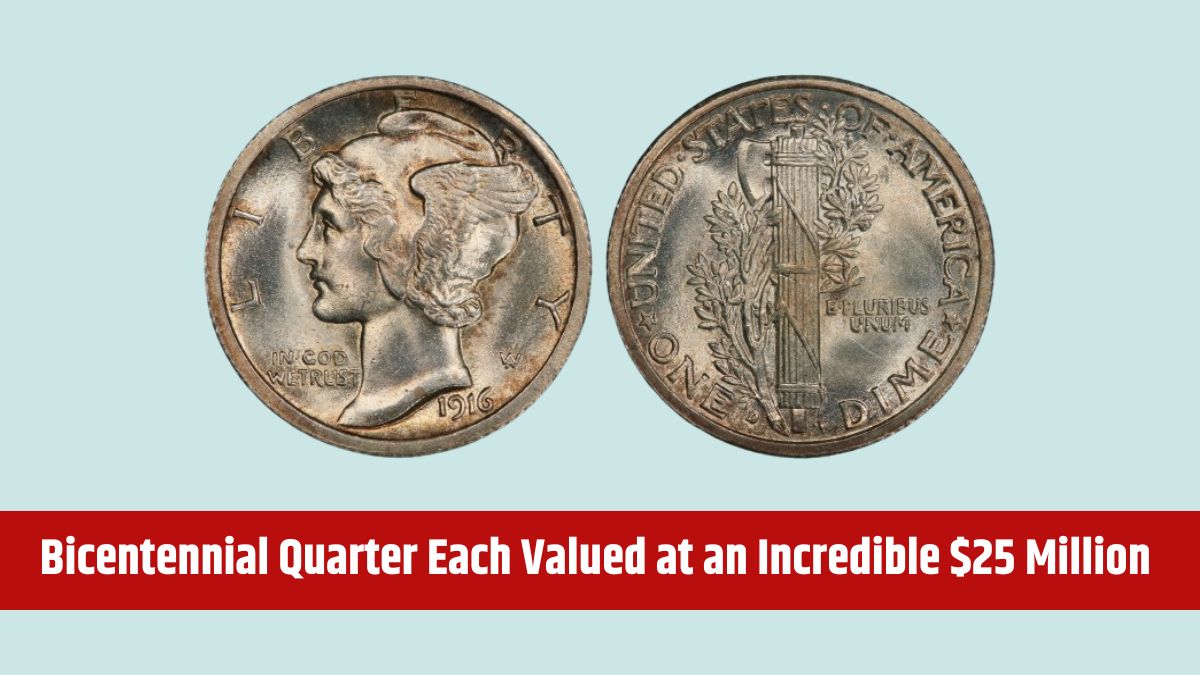The Social Security Administration (SSA) provides financial support to millions of Americans through retirement, disability, and survivor benefits. However, not everyone qualifies for Social Security payments.
As we approach April 2025, individuals seeking to receive benefits must meet strict eligibility criteria. If you don’t qualify, there may be alternative benefits available.
Let’s break down how Social Security benefits work, who qualifies, and what options exist for those who may not be eligible.
Social Security Benefits
Before discussing eligibility, it’s important to understand how to maximize your Social Security benefits.
Since benefit amounts are based on lifetime earnings and the age at which you start collecting, making strategic financial decisions can help increase your payout.
Here are some key strategies:
- Earn a higher income: If possible, work overtime, seek promotions, or switch to a higher-paying job to increase your lifetime earnings.
- Delay claiming benefits: If you can wait until your full retirement age (FRA) (or even later), your benefits will be significantly higher.
- Work at least 35 years: The SSA calculates benefits based on your highest 35 years of earnings. If you work fewer years, lower-earning years (or zeros) will reduce your average benefit.
Important Note: Retiring early means accepting a reduced benefit. If you claim at 62 years old, your monthly payout will be significantly lower than if you wait until 67 or later.
Alternative Benefits
Not everyone qualifies for Social Security retirement benefits, but other assistance programs may be available:
Spousal Benefits
If your spouse qualifies for Social Security, you may be eligible to receive up to 50% of their benefits—even if you’ve never worked.
Survivor Benefits
Widows, widowers, and dependent children of a deceased worker may qualify for Social Security benefits based on the earnings record of their loved one.
Disability Benefits (SSDI)
If a medical condition prevents you from working, you may qualify for Social Security Disability Insurance (SSDI). The requirements for SSDI are different from retirement benefits, so even younger individuals may be eligible.
Who Qualifies?
To receive Social Security payments in April 2025, you must meet these strict requirements:
| Requirement | Details |
|---|---|
| Work History | Must have worked at least 10 years (40 credits) |
| Age Requirement | Must be at least 62 years old to claim benefits |
| Full Retirement Age | For maximum benefits, wait until 67 years old (for those born after 1960) |
| Work Duration | Working 35 years results in a higher benefit |
If you don’t meet these criteria, you won’t receive Social Security benefits in April 2025. However, investigating alternative benefits like spousal, survivor, or disability benefits may provide financial relief.
Final Thoughts
Social Security benefits are a crucial source of income for retirees, but eligibility rules are strict. If you’re planning for retirement, work as many years as possible, maximize your earnings, and delay benefits if feasible.
And if you don’t qualify, check if alternative programs like spousal, survivor, or disability benefits can provide financial support.
FAQs
What is the minimum work requirement for Social Security?
You need at least 10 years (40 credits) of work to qualify.
Can I get Social Security if I never worked?
Yes, you may qualify for spousal or survivor benefits.
How does early retirement affect my benefits?
Retiring at 62 results in lower monthly benefits.
What if I don’t qualify for Social Security?
You may qualify for SSDI, spousal, or survivor benefits.
When is the best time to claim Social Security?
Waiting until full retirement age increases benefits.























